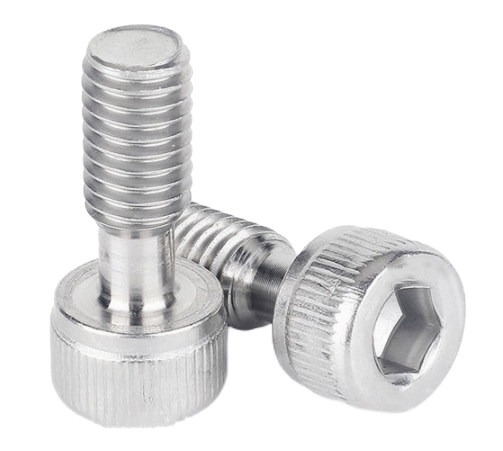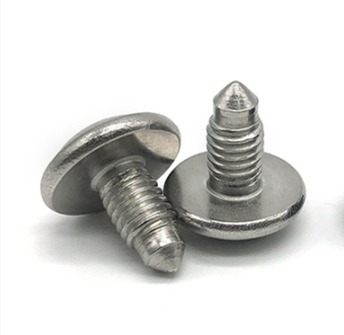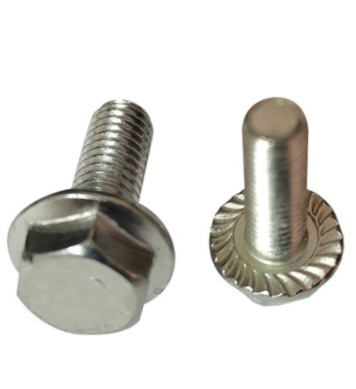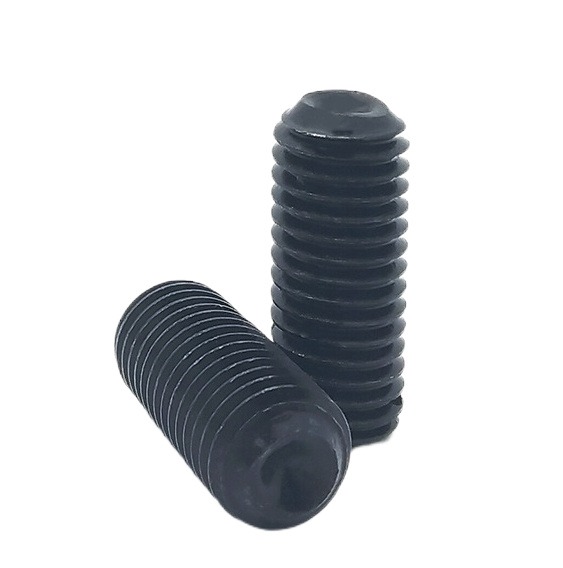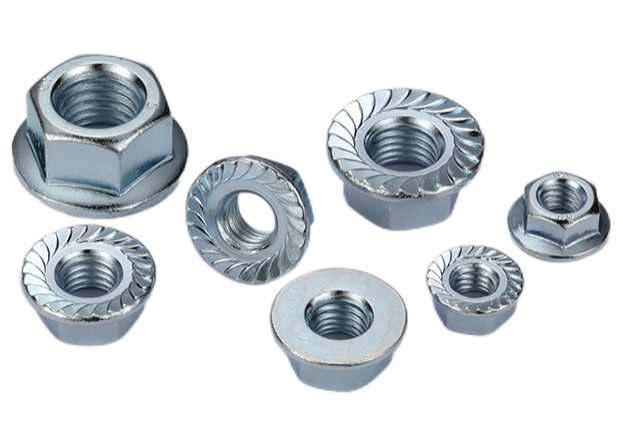Coarse Thread vs Fine Thread, Which One To Choose?
When it comes to choosing the right screw for your project, you may be unsure whether to go with a coarse or fine thread. Both types of threads have advantages and disadvantages, so before making a choice, evaluate the application and materials you’ll be using. In this article, we focus on coarse thread vs fine thread, with the introduction and comparisons of fine thread and coarse thread, you can get a better choice for the right thread.

What Is Coarse Thread And What Is Fine Thread?
Coarse Threads
Coarse threads are often used in applications where installation speed and ease of usage are critical. Because they have a bigger pitch, fewer threads are required to complete a full turn, resulting in a faster installation time. Coarse threads are also less likely to peel or bind, making them an excellent choice for softer materials like wood or plastic. They are frequently used in building, woodworking, and general-purpose applications.

Fine Threads
A fine thread has a smaller pitch, which means it takes more threads to complete a full turn. This slows down installation time, but the larger number of threads allows for more precision and control. Precision industries such as electronics, aerospace, and medical equipment frequently use fine threads.

Differences Between Coarse Thread And Fine Thread
Advantages of Coarse Threads
One advantage of coarse threads is their capacity to easily grab materials. The wider pitch gives a firmer hold and reduces the likelihood of the screws stripping or pulling out of the material. They are also simpler to start and drive, saving time during installation.
Disadvantages of Coarse Threads
However, coarse threads may not be appropriate for applications requiring precision and control. Because the pitch is greater, the threads may not give a firm grip or solid fit. This can be a difficulty when working with materials that move, such as metal or plastic.

Advantages of Fine Threads
Fine threads have a bigger surface area and a stronger joint than coarse threads due to their smaller pitch. They are appropriate for high-stress applications that require a strong and secure connection. Furthermore, fine threads are less likely to peel or pull out of the cloth, making them excellent for applications involving material movement.
Disadvantages of Fine Threads
Fine threads, on the other hand, can be more prone to stripping or binding than coarse threads. They may be more difficult to start and drive, adding to the installation time. Furthermore, they may not be appropriate for softer materials like wood, where the threads can readily peel or pull out of the substance.
How To Choose Between Coarse Thread And Fine Thread?
Here are some factors to be considered when choosing between coarse and fine threads
Consider the materials you’ll be using
Coarse threads may be preferable when working with softer materials such as wood or plastic. Fine threads may be preferable when working with tougher materials such as metal or composites.
Think about the application
A fine thread may be a preferable choice if you’re putting a screw that will be subjected to a lot of vibration or stress because it will offer a stronger union. A coarse thread may be preferable if the speed and convenience of installation are more critical.
Think about the size of the screw
Larger screws are more likely to have coarse threads, whereas smaller screws are more likely to have fine threads. However, there are exceptions to this rule, so it’s critical to assess your project’s individual requirements.

Summary
The choice between fine thread and coarse thread is determined by the application and materials used. Coarse threads are best suited for applications requiring speed and ease of installation, whilst fine threads are better suited for applications requiring precision and control. When choosing the right thread for your project, keep the material and stress levels in mind, as well as the possibility of stripping or binding.




